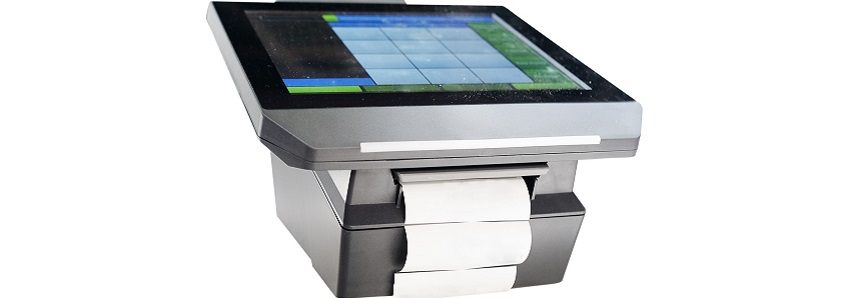

EPOS
Discover our EPOS articles
-
What is the price of a cash register in 2021?

-
How to weigh your choice of Epos scales

-
The changing landscape of ePos till system providers and models

-
Hardware and software components of an ePos system

-
Buying or renting a cash register?

-
Choosing a Pos printer

Few acronyms should make more sense to any retailer or shopkeeper than "ePos". As the final point of contact between the business and the customer, the point of sale is where revenue is ultimately made and collected. But in a day and age where business has gone digital and connected, an electronic point of sale is worth more than the sum of its (many) parts, and comes with added benefits compared to the payment counters of yore, which has led many of their users to brand them "intelligent points of sale".

What is ePos ? Basics
As far as commerce is concerned, definitions of ePos may slightly vary.
1) Common definition
Although many unrelated concepts and organizations share this acronym, it should be clear in the business sphere that ePos stands for Electronic Point of Sale.
The most common definition, which will be used in the rest of this guide, refers to a computerized, connected, self-contained point of sale with all the necessary equipment to process purchased items, retrieve their respective prices, accept various payment methods and coupons, compute and issue a legitimate invoice.
2) Alternate definitions
Some industry publications may restrict the definition in various ways.
ePos can therefore refer to :
• A fully-automatic, customer-operated point of sale which does not require the intervention of a checkout assistant;
• A purely virtual point of sale used on an e-commerce website;
What is ePos ? Components
A full ePos does consist of several pieces of equipment.
1) Item processing
In order to retrieve and display the price of the purchased item, an ePos needs
• A barcode scanner,
• A terminal, which is basically a small PC with touch or non-touch enabled display,
• A scale.
2) Item payment
• Payment terminal or PDQ terminal,
• Swipe card reader,
• Cash drawer,
• Receipt printer.
Most importantly, an ePos will not work without dedicated, industry-specific ePos software.
What is ePos ? Benefits
ePos is not only the physical place where goods are paid for, and payment collected. As a connected system, it allows for many benefits compared to traditional checkout counters.
1) Stock Management
Companies and shopkeepers need to make sure they are operating with the minimum amount of stock, and at the same time ensure products are available and delivered to the customer quickly.
At each checkout, the ePos will coordinate the inventory data, removing the purchased item from stock records, and triggering appropriate replenishment alerts when needed. Also, because the system is connected with the pricing database, it will always be up-to-date and fewer pricing errors will be deplored. With an ePos, business owners can look forward to less stock and higher profits.
2) Reporting
ePos can be seen as a permanent tool for real-time retail audit, as it offers loads of data related to stocks, but also turnover, profits, and other financial information. Such readily available, always up-to-date information allows for advanced predictive modelling.
3) CRM
Connected with the company's CRM, an ePos may include personalized customer experience, as it can handle coupon or loyalty card redemption, specific customer data collection and management (like the printing of personalized invoices with specific coupons).
4) Industry-specific developments
Finally, the fact that an ePos needs ePos software to operate, means that several programs can be fine-tuned to best adapt it to specific industry needs. ePos will differ, whether they are prepared to be used as retail epos systems, or café, restaurant ePos.

